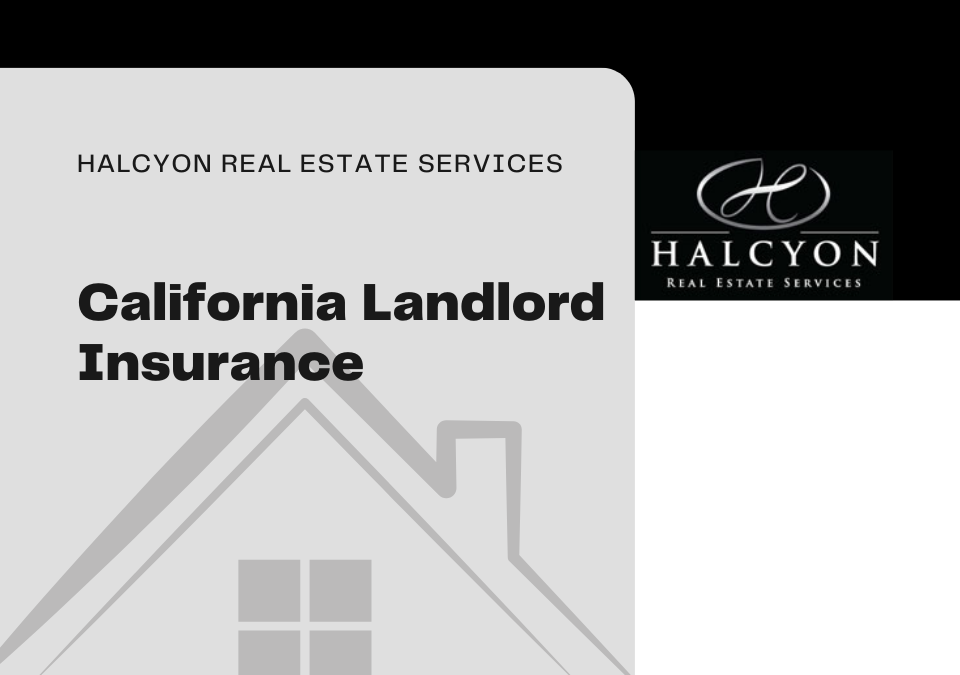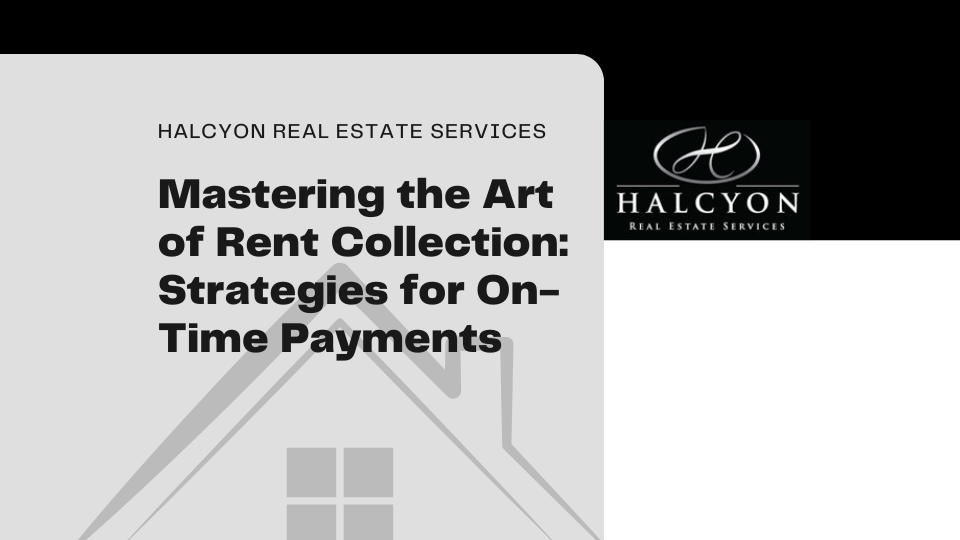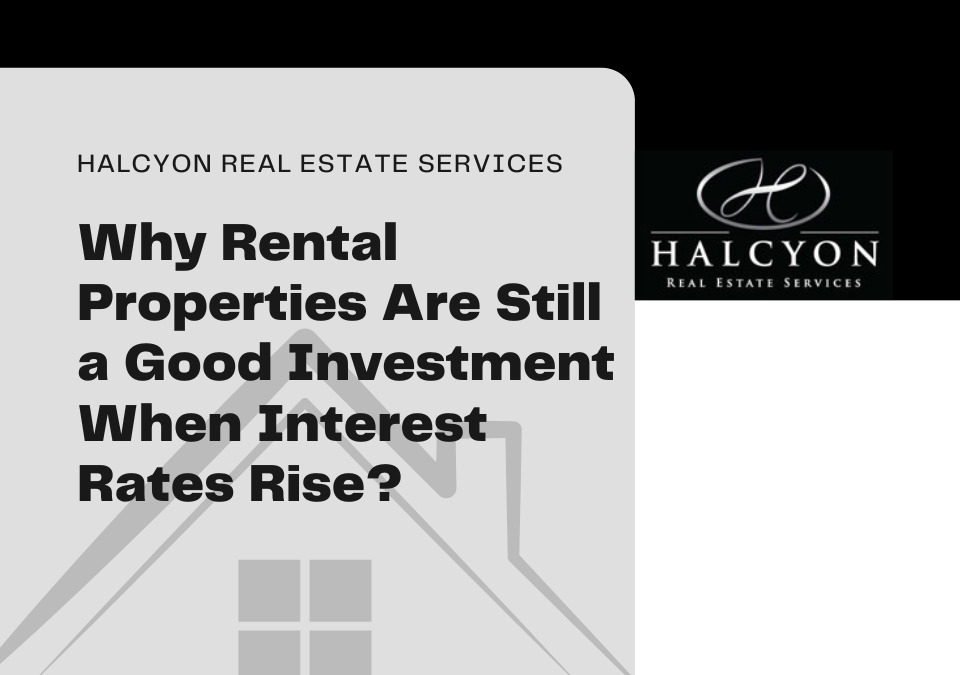Should I Rent My House Furnished?
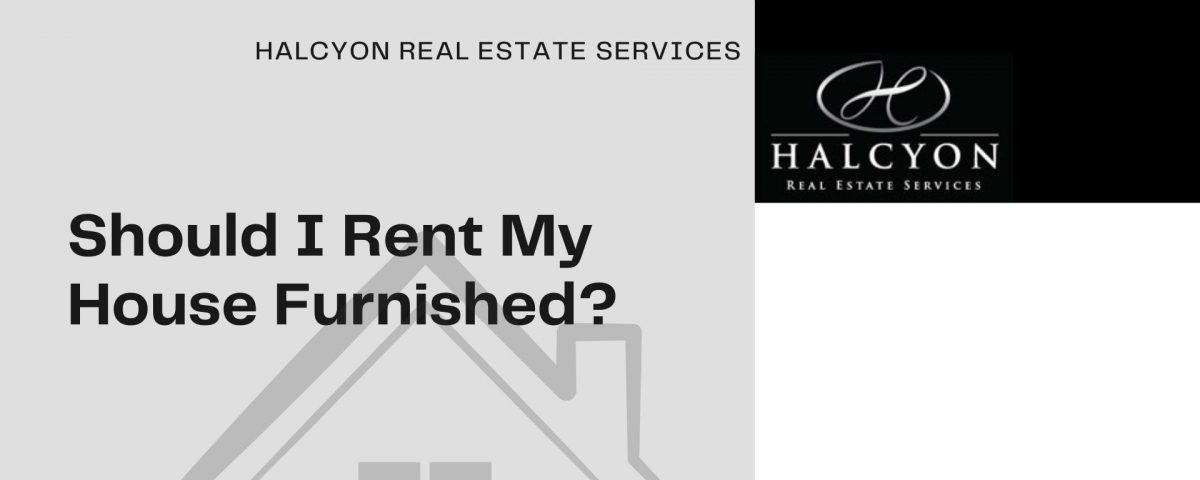
Are you considering renting your home furnished? In recent years, furnished rentals have become increasingly popular. Tenants appreciate it when a property owner supplies the furniture, however it does add an extra cost
The decision to rent your house, furnished or unfurnished, is an important one. It can impact your rental income, tenant satisfaction, and overall success as a landlord.
In this article, we’ll explore the benefits and drawbacks of furnishing the rental home so you can decide which one is right for you.
Pros of Renting Your House Furnished
While furnishing the house may seem like an added expense and extra work upfront for you, there are some definite benefits to renting out a furnished home.
Convenience
Moving can be stressful, and having a furnished home can significantly reduce the time, and effort tenants spend setting up their new home. The tenant does not have to worry about buying or transporting furniture to their new place. For tenants who do not have their own furniture or do not want to move furniture this is extremely convenient.
Appeal to Tenants
Furnished homes often appeal to a broader audience, especially those moving to a new city or country. These individuals may want to wait to invest in furniture and prefer to rent a furnished home.
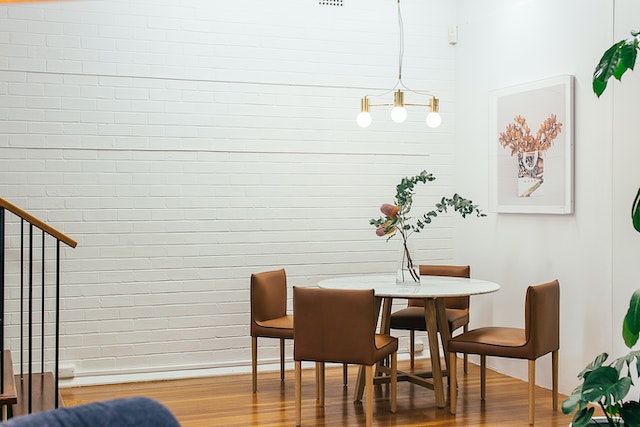
Additionally, young professionals who are just starting and have limited savings may also choose to rent a furnished home.
Higher Rental Income
A furnished home typically has a higher rental income than an unfurnished home. This is because the landlord provides the tenant with furniture and other items, adding value to the property.
A landlord needs to know the difference between pricing their home to rent versus charging too high of a price. Tenants are often willing to pay more for a furnished home because of its convenience.
Reduced Vacancy Periods
Furnished homes tend to have lower vacancy periods compared to unfurnished homes. This is because the appeal of a furnished home can attract tenants more quickly. Additionally, tenants renting a furnished home are more likely to renew their lease because of its convenience.
Tax Benefits
You may be eligible for tax deductions if you rent a furnished home. You can deduct the cost of furnishing the house as a business expense, which can significantly reduce your taxable income. Less Wear and Tear
When you rent out a furnished home, you have control over the quality of the furniture and other items. You can choose durable, high-quality pieces that are less likely to wear quickly.
This can reduce the maintenance and repairs you must do on the property, saving you time and money in the long run.

Additionally, when the house is already furnished, you reduce movement and scraping on the floors. While wear and tear is normal, especially during a move, having a furnished rental can significantly reduce damages.
Cons of Renting Your House Furnished
While renting a furnished house has advantages, there are also some potential drawbacks that landlords should consider before deciding to rent their fully furnished property.
Higher Upfront Costs
Furnishing a home can be expensive. This can be incredibly challenging for new landlords with limited funds. Additionally, the cost of maintaining and replacing furniture and other items needs to be included in your budget.
Potential Damage to Furniture
Tenants may not treat furniture and other items in the home with the same care as they would if they owned them. This can lead to damage, which can be costly to repair or replace. Different types of furniture need various care. Wood furniture, upholstered couches, and countertops all need different care.
Landlords should consider setting clear guidelines for the use and care of the furniture and other items in the home to minimize the risk of damage.
Pre-Set Style
Some tenants may prefer to bring their own furniture and décor to a new home to make it feel like their own. Renting a furnished home may not offer this option, which could be a disadvantage to some tenants.
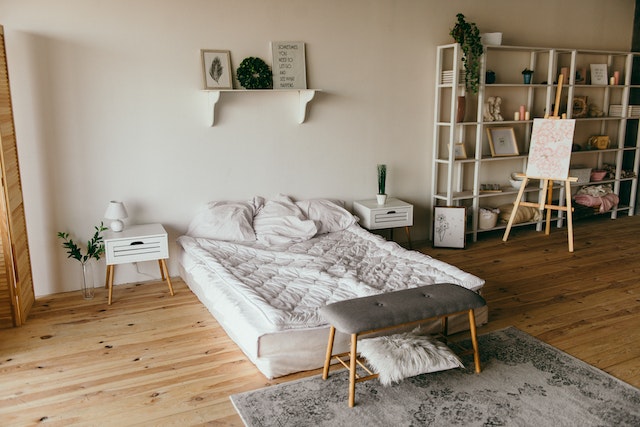
Additionally, tenants may prefer a different style or quality of furniture in the house, which could impact their overall satisfaction with the rental.
Difficulty with Storage and Maintenance
Landlords who rent out furnished homes must also consider the logistics of storing and maintaining the furniture and other items in the house during vacant periods. This can be challenging, especially if the landlord lives far from the rental property.
Things to Know When Renting a Furnished Home
Renting out a furnished property can be a lucrative investment opportunity, but it’s essential to consider several factors before deciding. Here are some other things to consider:
Furnishing Costs
While renting a furnished property can yield higher rent, furnishing the home can be expensive. You’ll need to weigh the costs of purchasing or renting furniture, appliances, and other items against the potential profits.
Wear and Tear
Using any piece of furniture exposes it to wear and tear. Even if a tenant is careful with your belongings, they could still spill on it, rip it, or otherwise stain it. Be prepared for tenant damage or wear and tear on your furnishings.
Security Deposit
When renting a furnished property, it’s essential to require a security deposit to cover any damage or missing items at the end of the lease.

Make sure your lease agreement outlines the terms and conditions for the security deposit.
Rental Term
Furnished properties are often attractive to short-term renters, such as tourists or business travelers. However, consider an unfurnished property if you’re interested in a long-term rental.
Personal Taste
Short and long term renters want different things. When furnishing a rental property, it’s essential to consider the tastes and preferences of potential tenants over your own taste. This may mean choosing neutral décor and furnishings that appeal to many people.
Landlord Insurance
Renting a furnished property may require additional insurance coverage to protect your investment. Consider investing in landlord insurance that covers furnishings and other rental property-related risks.
Bottom Line
Many critical factors must be considered when deciding whether to rent your house furnished. It can be beneficial to rent out a furnished home, as it may offer more income potential and easier upkeep for the landlord.
Ultimately, the best decision will depend on individual needs, budgeting, markets, and desired outcomes from your investment property.
If you need help managing your property, contact Halcyon Real Estate Services!



